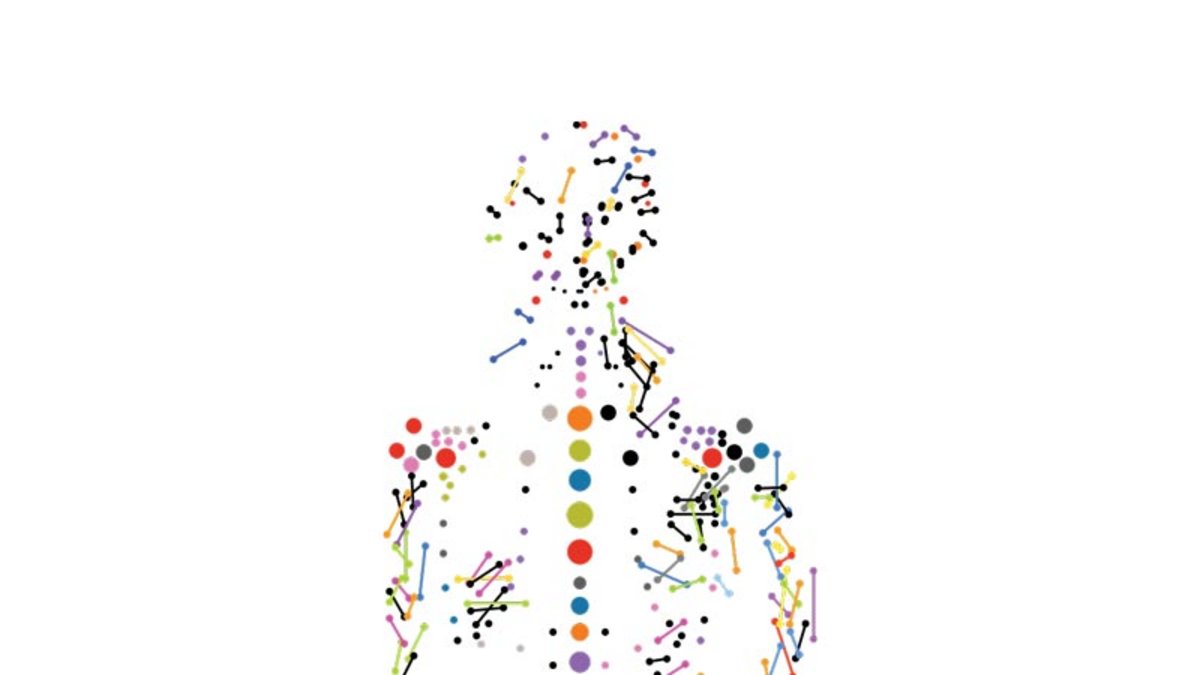Inflammatory diseases: national monitoring
Categories : Recherche Politique de recherche
paru le 07-01-2024 (08:28) - Updated on 10-31-2024 (17:32)

Today, chronic inflammatory diseases affect 4 million people in France, and are continually on the rise. They often affect young patients, disrupting their quality of life and employment situation. With 400,000 patients, Hauts-de-France is one of the most affected regions.
Over the past 4 years, the Precise➊ hospital-university federative (fédératif hospitalo-universitaire; FHU) project has been building up an extremely precise year-by-year profile of a vast sample of these patients (currently around a thousand and growing): their clinical description, their environment, their biological characteristics (genes, metabolites, proteins, etc.). It stores their biological samples (serum, plasma, cells, etc.), a precious data bank for the medicine of today and tomorrow.
The aim? Ultimately, to offer personalised treatment by identifying similar groups of patients with the help of artificial intelligence and analysis of their biological data. But also to study resistance to treatment, as well as complications such as fibrosis − which can destroy the affected organs − or psychological and socio-economic repercussions.
Lille carried out most of the work, obtaining the initial authorisations (from CNIL, the French data protection authority) and developing the procedures. This effort has now paid off, making it easier to expand the cohort (to children, to other centres in the region and nationally).
‘Today, we’re expanding all over France’, states David Launay, coordinator of the FHU Preciseproject, ‘to Paris, Bordeaux, Lyon, and soon the Montpellier University Hospital Institute (IHU) for autoimmune diseases’, while attracting the interest of the pharmaceutical industry. This pooling of expertise also facilitates the management of the most complex cases as well as training (students, healthcare professionals, patients). ■
- Funding: 4 university hospitals (Amiens, Caen, Lille, Rouen), University of Lille, Inserm
- What about the future? A future institute on inflammation, immunity and infection (I4).